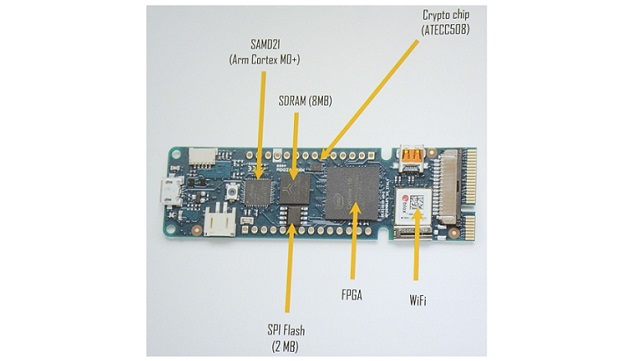One of the progenitors of the open-source hardware movement is warming up to the idea of designs that aren’t free.
Massimo Banzi, one of the co-founders of Arduino, called for ways to strike commercial licenses for open-source hardware. He also sketched out an idea for an online store where Arduino users could sell IP that they create on a new Arduino FPGA board.
Arduino fast-prototyping boards were one of the first big successes in open-source hardware and became the poster child of the maker movement. However, the group behind it has also been the victim of some rip-offs wherein larger rivals take open-source Arduino designs and make cheaper versions of them as commercial products.
Arduino is not alone. “There are smaller open-source hardware designers who release what they design, and bigger companies take it and make it more cheaply, they don’t understand that it’s something where we contribute, they just take and say, ‘Screw you,’” he said.
“My personal opinion is that hardware should be released under a non-commercial license, but if someone wants to make a product, they should talk to us and license it for professional use, we want a system where someone can license what we do commercially very easily.”
Since its inception in 2003, Arduino has used a Creative Commons license. Many new licensing models have emerged since then, opening doors to other possibilities, said Banzi in response to a question about the state of open-source hardware.
“There needs to be a larger discussion of how we engage with people and encourage them to contribute more,” he said.
Banzi’s talk focused on the Vidor 4000, the first Arduino FPGA board. It lets users download Arduino libraries that load and run IP on an Intel Cyclone 10 without needing to write in the relatively arcane hardware description languages that FPGAs typically use.








